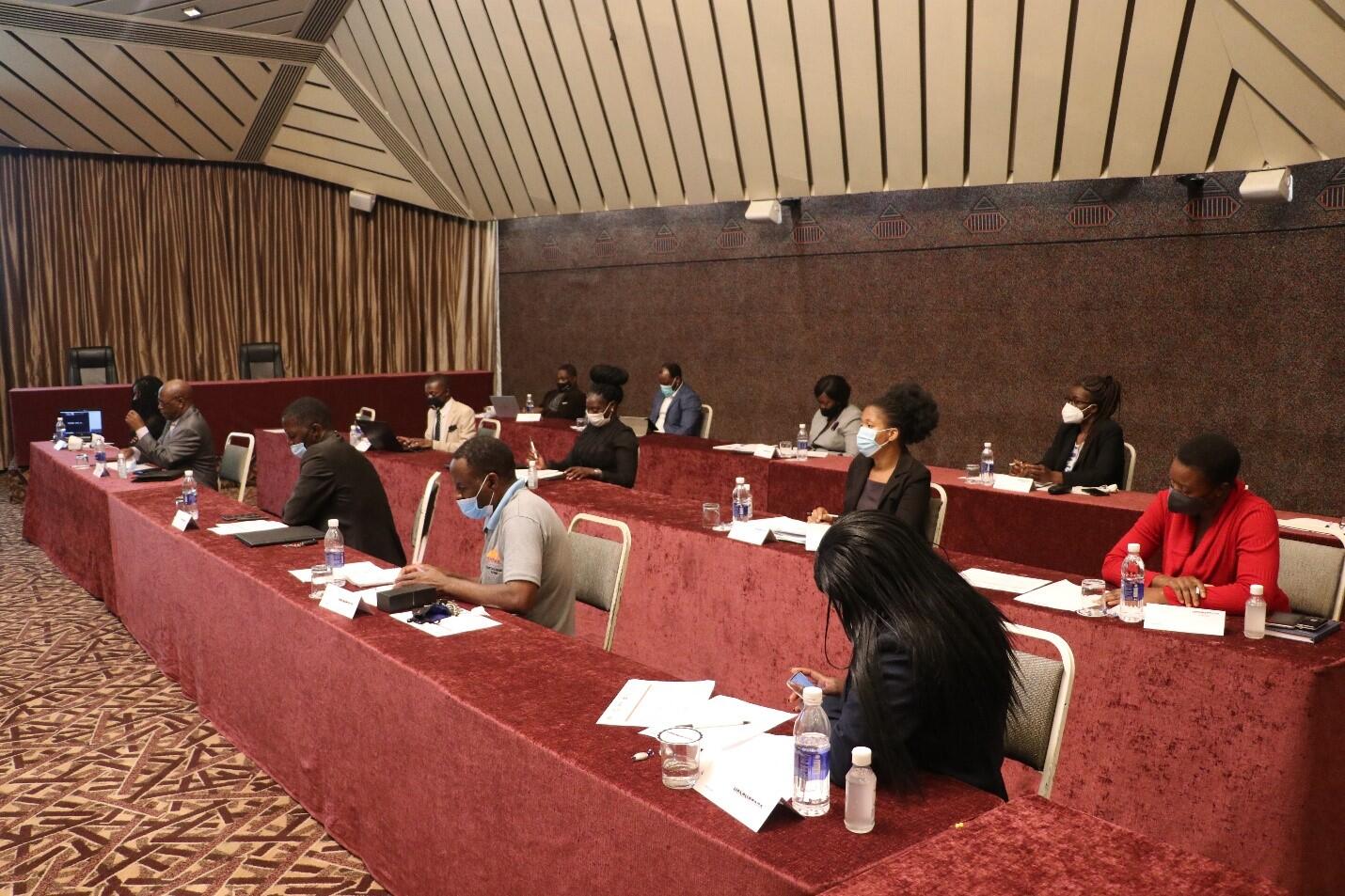“Never had I imagined a lecturer`s interests in me and my denial to his sexual advancements would result in failing his module. It’s disheartening and stressful thinking of the effort I put in to yield such low marks for good deserved marks,” said *Noxolo Mlalazi, a female student at a local university.
“The painful part is that, even with all the proof, the college authorities still do not want to hear my case, with some even accusing me of manipulating the lecturer into a relationship so as to get the marks,” she added.
Sexual Exploitation, Abuse (SEA) and Sexual Harassment (SH) have become increasingly common within Zimbabwean communities and institutions of higher learning are not exempted by this trend. Many cases go unreported due to various factors such as the fear of stigma and victimization, lack of confidentiality in the handling of such cases as well as the bureaucratic and unfriendly reporting and management procedures or simply because the victim does not know her/his right to report.
Until now, only a few tertiary institutions have policies in place which are comprehensive and enforceable in cases of sexual exploitation and abuse or sexual harassment. For those who do have some mechanisms in place, reporting procedures are perceived as unfriendly and lacking confidentiality once the case is reported. The absence of such policies to both prevent and respond to sexual exploitation and abuse leaves the survivors of such an abuse without instruments to defend themselves and persecute perpetrators.
In 2019, SAYWHAT with the support from the United Nations Population Fund (UNFPA) under the European Union funded Spotlight Initiative, in collaboration with the Ministry of Higher Education, Science and Technology, conducted a study on the situation of PSEA regulations in 10 tertiary institutions. Based on this study, guidelines for the prevention of sexual exploitation and abuse as well as sexual harassment were developed for institutions of higher learning in Zimbabwe.
The purpose of these guidelines is to set a clear standard for all institutions of higher learning on what is expected when dealing with cases of sexual exploitation and abuse and how to raise awareness among students and staff on these mechanisms as well as their right to report SEA. The guidelines also aim at supporting the institutions in providing a safe learning and working environment free of any exploitation, harm and abuse, and to put preventative measures in place to safeguard students and staff who may be vulnerable to such risks.
The guidelines emphasize that the responses to SEA and SH to be developed at all institutions should not be a one size fits all but rather customised to fit to the specific institution. For some institutions, the implementation of these guidelines will be easier but for the more traditional institutions there will be a need for extensive consultations and negotiations before new policies are adopted.
The guidelines were presented during two high level meetings this year. During the sessions, it was validated that sexual harassment is occurring at institutions of higher learning in Zimbabwe and the colleges have not been able to address these cases adequately.
The meetings were attended by representatives from the Ministry of Higher and Tertiary Education, Education Coalition of Zimbabwe, Public Services Commission, deans of students in colleges and students from tertiary institutions.
Speaking during the meeting, Ms. Emmri Faindani, a representative from the Ministry, highlighted the need for student empowerment on issues of SEA and SH and deemed it crucial because only informed and empowered students that feel protected by the existing policies and/or guideline can seek and get justice in cases of sexual harassment.
“The form of empowerment needed is not limited to academic enrichment only, but information and socio-economic empowerment. Some of these cases happen and most of them go unreported because students lack basic and crucial information around sexual harassment, to an extent that even when they are being violated they think it is just normal. Those have some appreciation of what sexual exploitation is also need the backing of functional policies for them to voice out,” she said.
During the policy guideline formulation, stakeholders discussed strategies that kept into consideration the need to make sure the guidelines are harmonized with existing laws and the national constitution, to avoid situations where SEA and SH policies at college level are not in sync with the supreme laws of the country.
Also contributing to the guidelines, some students highlighted that these PSEA responses need to strategize on how students on industrial attachment-related learning benefit from the intervention.
“Colleges tend to forget about us when we are on attachment and we end up exposed to SEA and SH with no idea on handling the cases. I am glad these guidelines will influence Institutional policies, outlining how such cases are managed,” said Anna Sande, a student participant from University of Zimbabwe.
Currently SAYWHAT is finalizing an online training on PSEA for the targeted tertiary institutions, aiming at supporting them in raising awareness on the issue amongst students and staff.
“There remains what seems like an impenetrable wall of silence for college related sexual exploitation, and we must all play a role in breaking the silence” said one student at a high level event in the process of the development of the guidelines mentioned.
This article was first published in the Spotlight Initiative bi-weekly newsletter.
*Not her real name.


